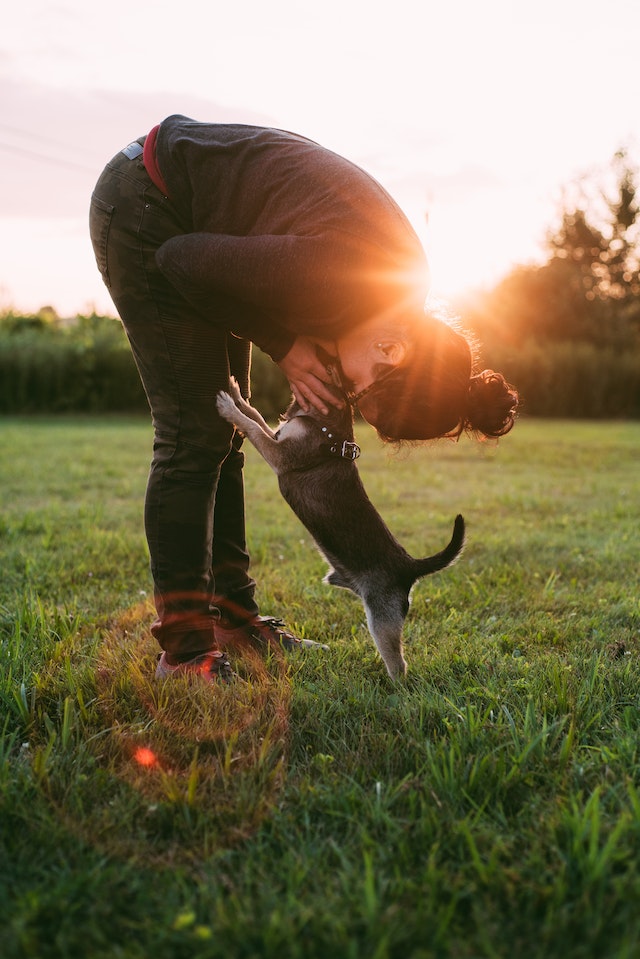How do I increase my dogs stamina for the hunting season
To increase your dog’s stamina for the hunting season, here are some tips:
- Regular exercise: Provide your dog with regular exercise to build up their overall fitness and stamina. Engage in activities such as brisk walks, jogging, swimming, and playing fetch. Gradually increase the intensity and duration of exercise sessions over time to improve endurance.
- Interval training: Incorporate interval training into your dog’s exercise routine. This involves alternating periods of intense exercise with periods of rest or lower intensity activity. For example, you can incorporate short bursts of high-energy activities, like sprints or retrieving, followed by periods of walking or trotting.
- Build up gradually: Just like with human athletes, it’s important to build up your dog’s stamina gradually. Start with shorter exercise sessions and slowly increase the duration and intensity over weeks or months. This allows their muscles, cardiovascular system, and overall endurance to adapt without overexertion or injury.
- Terrain variation: Vary the terrain during exercise sessions to challenge your dog’s muscles and stamina. Include uphill climbs, uneven surfaces, and different types of terrain such as fields, forests, or hills. This helps strengthen your dog’s muscles and builds their endurance for different hunting environments.
- Mental stimulation: Mental stimulation is as important as physical exercise. Engage your dog in activities that require mental focus and problem-solving, such as puzzle toys, obedience training, scent work, or retrieving games. Mental stimulation helps keep your dog mentally sharp and increases their ability to focus and perform for longer durations.
- Proper nutrition: Ensure your dog is receiving a balanced and nutritious diet. Consult with your veterinarian to determine the appropriate diet for your dog’s age, breed, and activity level. High-quality dog food with the right balance of protein, carbohydrates, and fats will support your dog’s energy levels and overall stamina.
- Regular vet check-ups: Regular veterinary check-ups are important to ensure your dog is in good health and able to handle increased exercise and training. Your vet can assess your dog’s fitness level, identify any potential health issues, and provide appropriate guidance or recommendations.
- Adequate rest and recovery: Allow your dog enough time to rest and recover between exercise sessions. Overtraining can lead to fatigue, decreased performance, and an increased risk of injuries. Provide your dog with sufficient rest periods to allow their muscles to repair and recharge.
Remember, each dog is unique, and it’s important to consider their age, breed, and individual abilities when designing an exercise program. If you’re unsure about how to tailor an exercise plan for your dog, consult with a veterinarian or a professional dog trainer who specializes in hunting dogs (read our blog What Are The Benefits Of Gundog Training).





Leave a Reply
Want to join the discussion?Feel free to contribute!